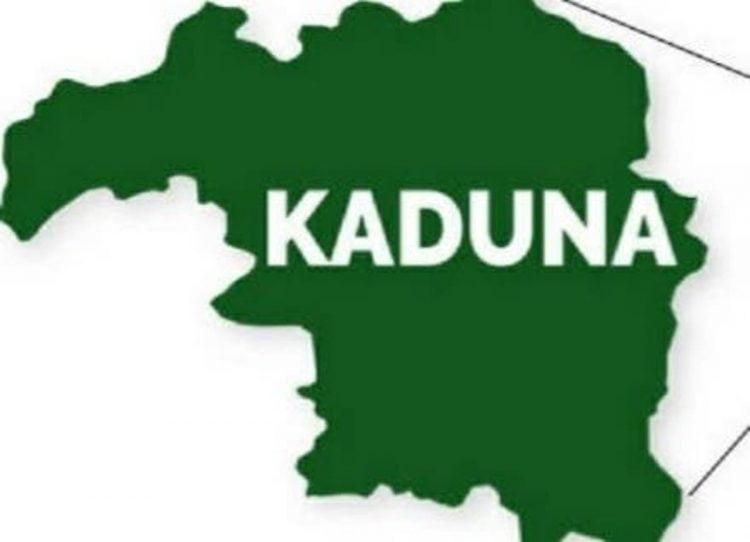One year after six schoolchildren tragically drowned in the Ribang River in Kauru Local Government Area of Kaduna State, the Ribang (Mbang) community has renewed calls for urgent government intervention to prevent a recurrence.
Marking the first anniversary of the June 2024 tragedy, the community released a statement on Monday expressing frustration over the unfulfilled promises made by political leaders who had visited to commiserate with bereaved families. Among those promises were the construction of a bridge, roads, a health centre, and improved educational facilities.
In the statement, Simon Chinge, National Public Relations Officer of the Ribang Community, described the children’s deaths as a painful reminder of long-standing government neglect.
“This devastating incident did not just rob us of our children; it painfully exposed the infrastructural decay in Ribang land,” Chinge stated.
Despite a recent site survey in June 2025 by the Kaduna State Ministry of Works—on the directive of Governor Uba Sani—residents say tangible progress has yet to be made. They commended the governor’s action as a positive step but urged him to expedite results.
With the rainy season underway, fears are mounting for residents—particularly schoolchildren, women, and the elderly—who still have to cross the dangerous Ribang River daily without a bridge.

The community has formally appealed to key representatives including Senator Sunday Marshall Katung (Southern Kaduna), Murtar Chawai (House of Representatives, Kauru), Barnabas Maigona (Kaduna State House of Assembly), and Bashir Tanko Dawaki (Kauru LGA Chairman), demanding:
Construction of a standard bridge across the Ribang River
Development of accessible roads
A functional healthcare facility
Standard primary and secondary schools
The statement also warned that ongoing lack of healthcare access continues to claim lives—particularly among women and children—while education remains out of reach for many due to poor infrastructure.
“We will never forget the six children we lost. They were not just students, they were our future,” the community said. “Let their untimely deaths serve as a wake-up call. What we now need is action, not more sympathy.”
They concluded with a call for inclusive development: “No community should be left behind in a nation that prides itself on unity and progress.”



